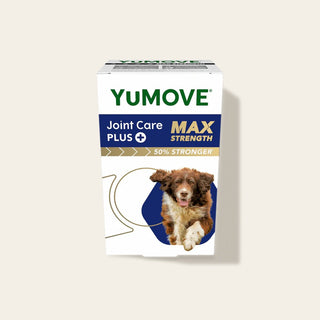

How Your Cat Shows They Love You
Do cats love their owners? People who don’t understand cats think our feline friends are permanently aloof and don’t care about us one way or another.
But cat lovers know better. We understand that while cats may be independently-minded, they also care for the humans in their lives. They just have their own special ways of showing their affection.
Let’s take a closer look at the signs your cat loves you…
Science proves that cats love humans
Is there any scientific evidence that cats really do love their owners? It turns out that there is. A study by Oregon State University1 says that “cats display distinct attachment styles towards human caregivers.”
Researchers looked at the behaviour of both kittens and cats in the presence and absence of their owners, and even evaluated different types of meow. They discovered that cats form bonds with their owners in much the same way that dogs do.
They suggest that, just like dogs, cats may have adapted to develop relationships with people in order to live successfully in our world.
7 ways that cats show affection
Here’s our round-up of the seven top ways that cats and kittens show us their affection.
1. The close-up
Cats are extremely picky about people. When certain people come into a room, that may be your cat’s signal to make a swift exit. On the other hand, other people are likely to be firm favourites. Cats seem to have a sixth sense about who to avoid and who to trust. If a cat chooses to come and say hello, sit on your lap or drape themselves around your neck, that’s a clear sign that they’re comfortable with you and that you are one of their chosen special people.
2. The tail salute
If a cat raises their tail high in the air as they walk towards you, they’re showing that they’re feeling happy and confident. It’s the equivalent of a dog wagging their tail, or someone waving at you from across the street. This is the perfect moment to reciprocate the affection by stroking your cat, tickling them under the chin or offering them a treat.
3. The figure of eight
This behaviour often follows on from the tail salute. Once your cat has shown they’re delighted to see you and you’ve given them a stroke, their next move is frequently a figure of eight as they weave in and out between your legs. A cat has to feel safe to rub against your legs in this way, so this counts as another clear sign of affection.
4. The head butt

You know that adorable way your cat has of giving you a little head butt? They’re not just trying to convince you to open another can of tuna. It’s actually something that cats do to reinforce social bonds. The technical name for this behaviour is ‘head bunting’ and it’s a sign that your cat trusts you and sees you as part of their family.
5. The purr

Cats purr in a variety of situations, but if they’re purring while they’re lying next to you on the sofa, you can be pretty sure it’s because they feel relaxed and happy in your presence. One theory is that cats have learned that purring creates a positive feedback loop: if they purr when we stroke them, we’re likely to carry on. Clever things!
6. The slow blink
When a cat blinks their eyes at you slowly, it’s the equivalent of them smiling at you, scientists say. What’s more, if you blink slowly at a cat, they’re more likely to want to approach you – and to blink back. A recent study from the Universities of Sussex and Portsmouth2 says that blinking may act as a form of positive emotional connection between cats and humans. So, if you want to get closer to your cat, try blinking
7.The meow

Did you know that adult cats don’t meow at other cats? They usually communicate with other felines through hisses or growls. But some cats have learned that a meow is a great way to get a human’s attention. Cats meow for many reasons, including when they’re hungry or in pain. But if your cat unleashes a stream of multiple meows when you walk through the door, you can take it as a sign that they’re pleased to see you.
Does your cat seem anxious?
There’s something wonderfully contagious about seeing your cat in a good mood. But if your cat is frequently stressed, anxious, or seems on edge, why not try giving them YuMOVE Calming Care for Cats to help support calm behaviour, reduce stress and ease anxiety?
Previous article
How to travel with a dog or cat in the UK ...Upcoming article
Tips to keep your cat cool in hot weather



